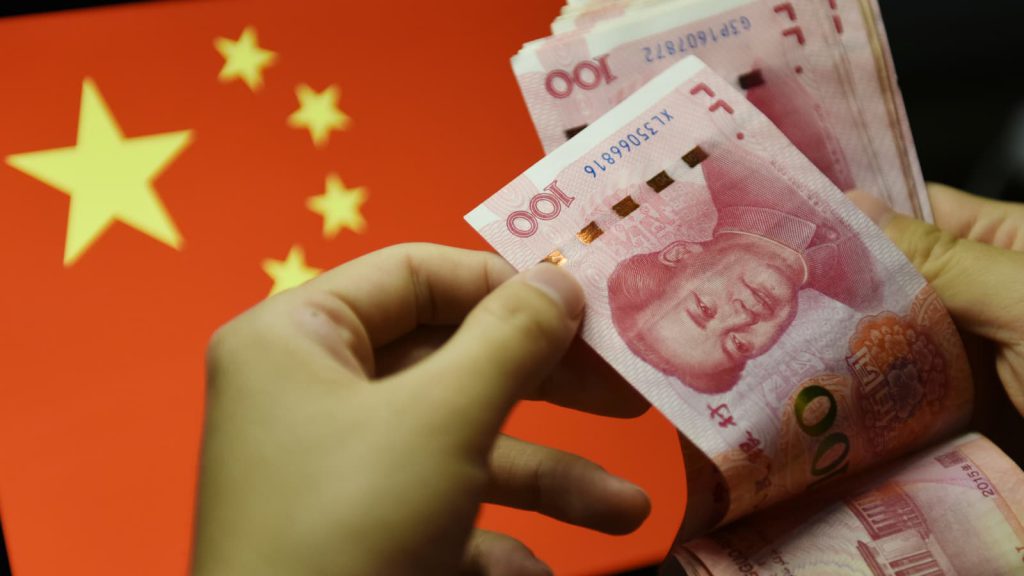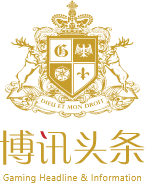Digital yuan to benefit Macau, boost premium mass, says brokerage
The Sanford Bernstein paper explores the development of digital yuan and its implications for Macau.

Were Chinese government-backed digital yuan to be adopted in Macau for chip transactions, it could in the long run benefit mass and premium mass play, as cross-border money transfer-processes for mainland consumers would be easier even if volume per player were controlled, suggests brokerage Sanford C. Bernstein in a report issued on January 22.
Most casino bets in Macau are currently denominated in Hong Kong dollars, a currency pegged to the United States dollar. Players from the mainland must presently make foreign exchange transactions. Prior to the pandemic, Macau had been cracking down on unlicensed money changing in and around the casinos in Macau.
The casino regulator of Macau, the Gaming Inspection and Coordination Bureau, took the step in December of denying a Bloomberg report suggesting it had been in talks with the casino operators on the possibility of using a virtual version of Chiese currency.
“Digital RMB would allow greater government scrutiny and control over money flows,” Sanford Bernstein’s analysts Vitaly Umansky and Tianjiao Yu wrote in the latest report.
“…it would also allow easier money transfer, eliminate the need to use intermediaries (like junkets, underground banks or pawnshops). Mass and premium-mass play could surely benefit due to ease of money flow,” the analysts noted.
Though they also observed that were daily-limits-per-player to be imposed on such transactions, “there could be a negative impact on casinos”.
The traditional role of Macau’s junkets is to handle money transfer for their patrons and extend them credit for VIP play in casinos, and arrange for collection of debts on losses at the table.
Some premium mass players, have relied on underground banks for cash, observed the brokerage, adding that the latter channel had also been used by some junkets. But the institution also noted there had been a “crackdown” in China on underground banks “since 2015″.
Sanford Bernstein also mentioned the role traditionally in Macau of pawnshops handling China UnionPay Co Ltd card transactions in order to effect movement of gambling money from the mainland to Macau. That route has also been squeezed in recent years by greater controls and oversight.
“The internationalisation” of existing paper currency “could go a long way to increasing the probability” of it becoming the “standard currency in Macau,” said the report authors.
Making a digital revolution in Macau commerce would nonetheless be “a long process,” suggested the brokerage.
“Eventually digital transactions will be the norm and cash as we know it will be an historical relic. But this will be an evolutionary development that will likely take many years,” said the institution.





